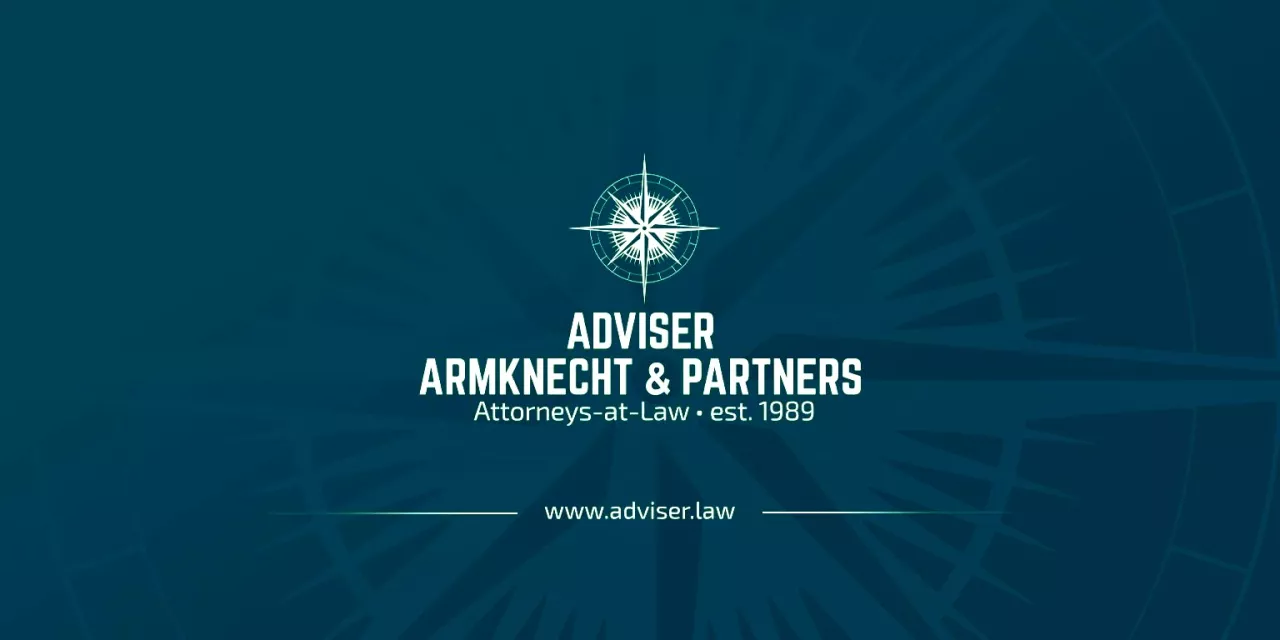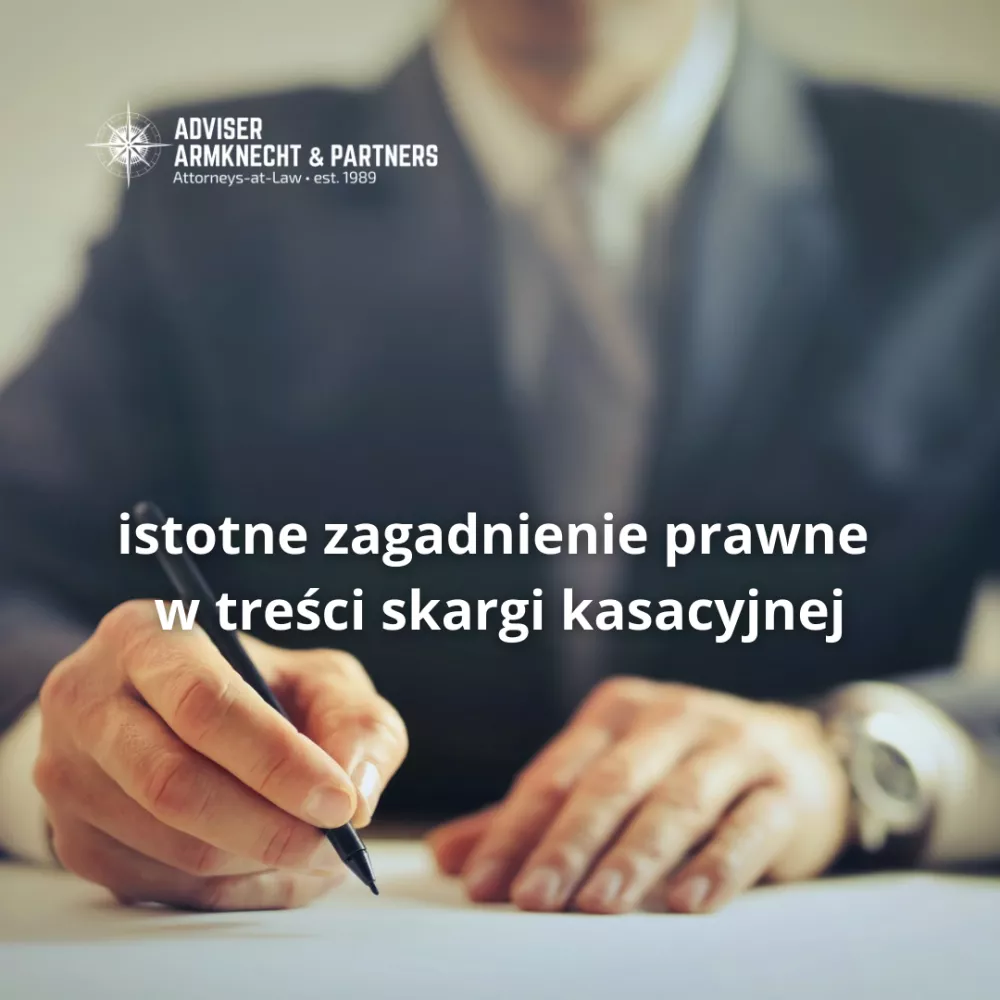Indeed, this might have been overlooked earlier. However, it's because we strive to approach legal services for athletes, sports clubs, and agents comprehensively at our sports law firm. It's rare for our sports lawyers to provide isolated legal advice. These individual, ad-hoc legal consultations in sports law typically mark the beginning of a relationship.
For instance, an athlete might come to our law firm seeking a review of a contract—such as a player contract—that they received from a club or agent. If this is before the contract is signed, they usually also request representation during negotiations. Conversely, if a legal issue arises from an already active contract, after assessing the situation and preparing an "exit" strategy, we first attempt negotiations. If these negotiations do not seem likely to effectively secure our client's rights and interests, we proceed with representation in legal proceedings.
Returning to the specific question, a sports lawyer will certainly provide advice related to the legal terms of a transfer agreement, football contract, coaching contract, basketball contract, sponsorship agreement, or agreement with a football or basketball agent, and other sports-related contracts. A sports lawyer will also assess, for example, an athlete's legal situation concerning doping responsibilities, changes in the club's actual situation—recalling the infamous "Coconut Club," the athlete's image rights, or tax-related matters.
In essence, if a sports law firm comprises a team of lawyers, the advice can cover every aspect of an athlete's activities or a club's operations, ranging from the athlete's personal—property matters, divorce—to sports-related issues—player contracts, advertising contracts, sponsorship agreements—to inheritance, construction, and other matters.
In the case of clubs, such a law firm that provides legal services to the club and outsources the legal department can offer advice on restructuring, changing the legal form of running the sports club, contracts with employees and players, and many other issues, stemming from the comprehensive nature of legal services.
Regarding individual advice, it may also pertain to legal conditions, risk assessment, or entire projects, such as building an academy or capital or ownership changes within the sports club. In this context, the key attributes defining the legal advice provided by a sports lawyer are the "broad range" of legal advice and the need for comprehensive legal services in sports.A professional sports law firm in Poland and Central and Eastern Europe


 Wstecz
Wstecz 

